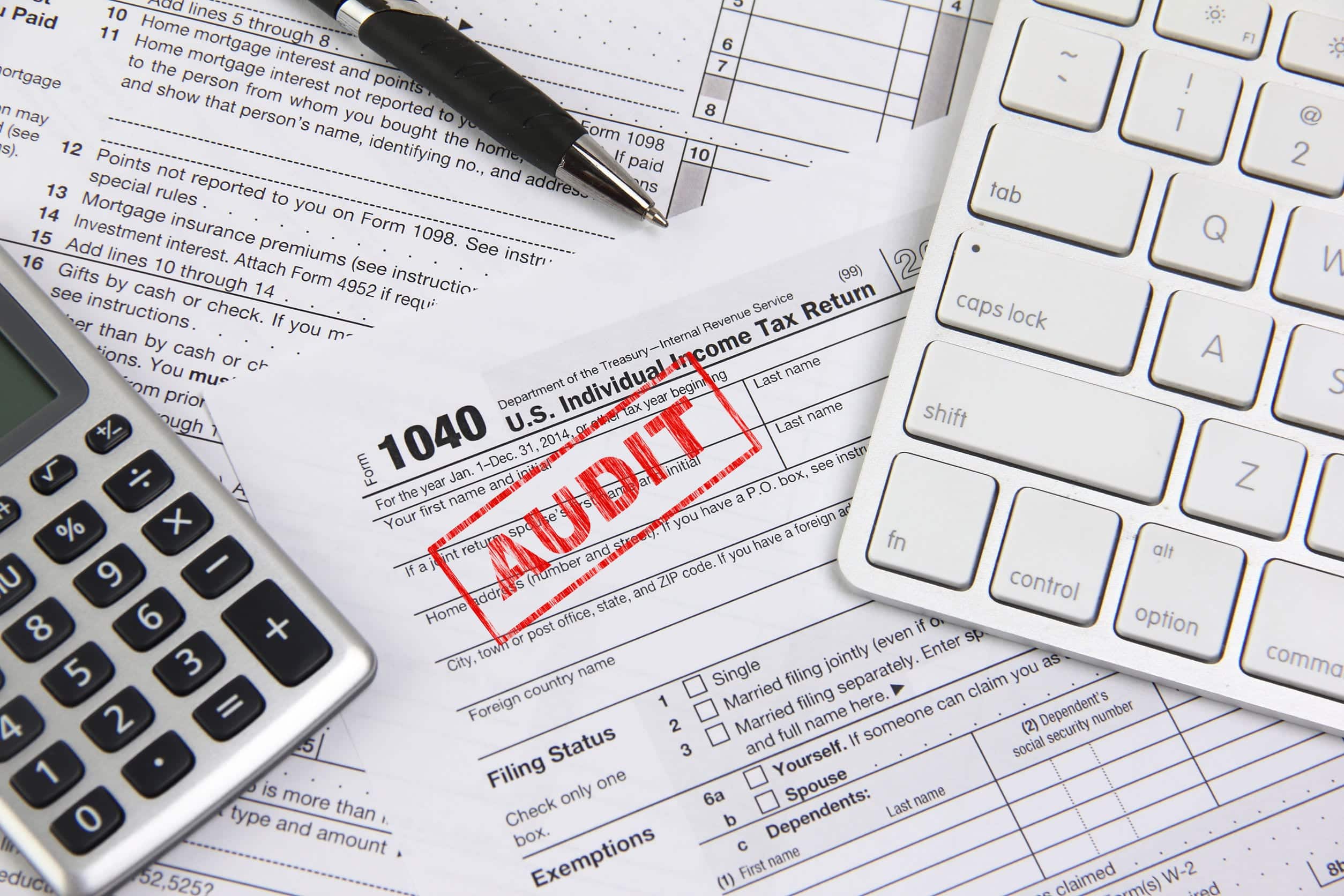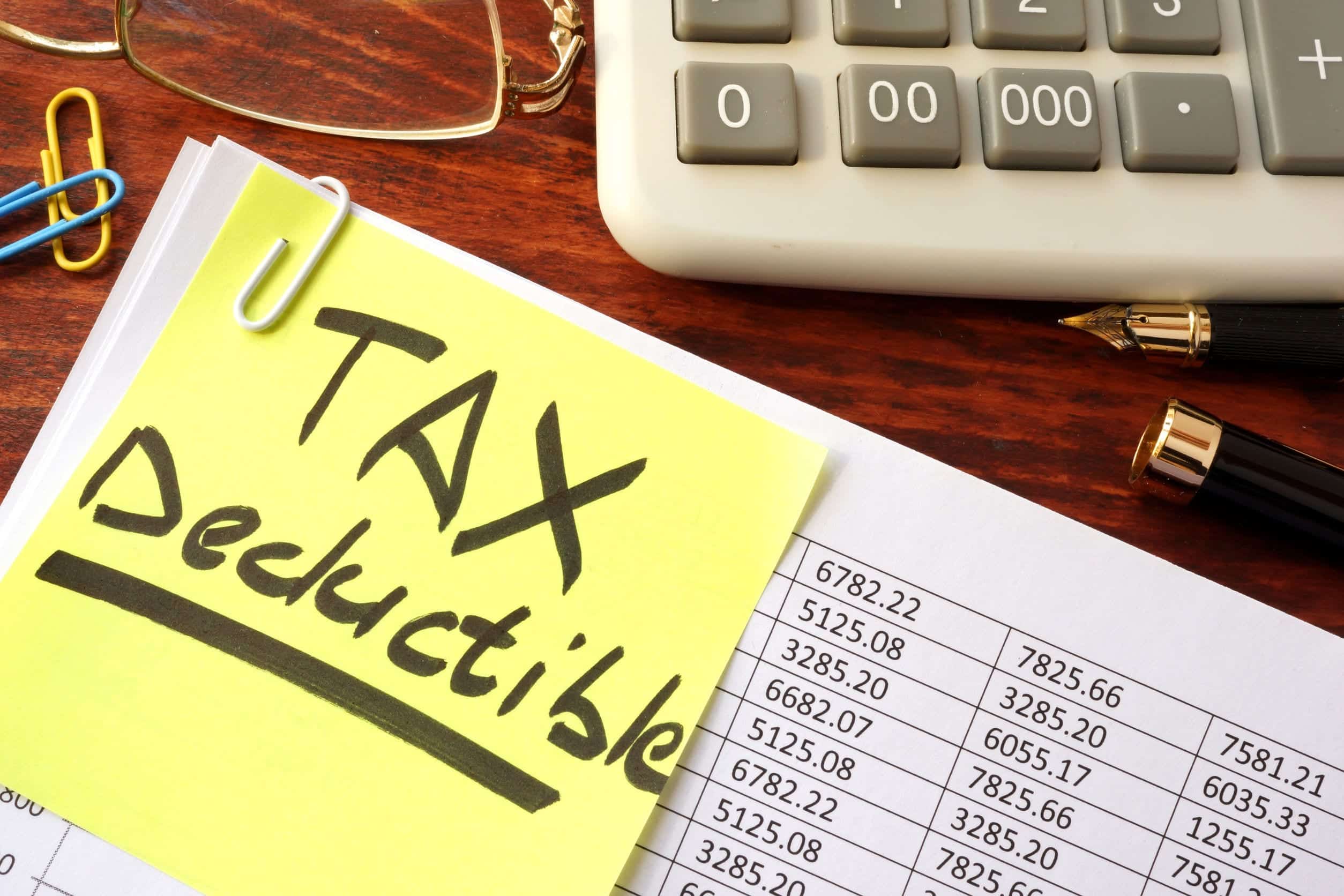- Home
- THE FIRM+
- Criminal Defense+
- CASE RESULTS
- AREAS WE SERVE+
- FAQ’s
- Blog
- Contact
AZHARI LLC BLOG
Feb. 23 2018
How to (Accidentally) Commit Tax Fraud in Illinois

Posted By: Sami Azhari
Category:
When you hear that someone has been charged with tax fraud on the news, it’s easy to demonize them. They’re guilty. They engaged in malicious criminal acts. They tried to steal from the government and, by extension, you. They’re the worst of the worst.
These judgments tend to change quickly if you or someone you love finds themselves suddenly facing a charge – and they should. Because, quite simply, tax fraud means a number of different things, and not every person who commits tax fraud does so intentionally.
The IRS knows this. They understand that the tax code is complicated and ever-changing. That’s why they typically assume that careless errors are honest mistakes that should not be prosecuted. Their goal is to go after those who attempt to willfully evade tax laws.
However, even honest mistakes due to negligence can result in penalties of 20 percent of the underpayment. Moreover, it can be difficult to determine whether or not something was done willfully.
This is where “accidental fraud” comes into play. Below, we’re going to detail the most common types of fraudulent activities that people engage in without realizing they’re doing something illegal, and what you can do if you are up against tax fraud charges.
Missing or Incorrect Information
It pays to double and triple check your information on your tax return. For example, if you incorrectly enter your social security number, address, or phone number, you can technically be charged with tax fraud.
Another way this occurs is if you claim a credit but don’t fill out the additional required forms. For example, if you claim tuition expenses, you must also fill out the education credit form.
You can avoid these problems by using tax software or hiring a professional tax preparer.
In most cases, mistakes won’t lead to fraud charges – it will simply result in processing delays. That’s no guarantee, though. In some cases, your mistake may be viewed as unlawful by the courts, which can result in steep fines and/or up to one year in jail.
Incorrect Deductions
Business expenses must be directly related to the business to qualify as tax write-offs. If you attempt to write off expenses that are not explicitly related to the business, you can face charges.
Tax software will flag inappropriate claims, and the IRS website also provides guidelines for lawful expense deductions. Your tax preparer can also advise you on which deductions are lawful.
If you are convicted for making false statements for deductions, you can face several years in prison and fines of up to $250,000.
Inflated Deductions
You may be tempted to claim your entire home for business use to get a larger deduction. However, if that’s not true, you’re taking a risk that you will get audited, fined, and penalized. You could also possibly face a criminal investigation by the IRS.
Failure to Report All Income
The IRS estimates that up to 40 percent of tips are never reported. Cash payment for jobs is also underreported on tax returns. If the IRS suspects you are underreporting your income, you could face serious consequences for failing to supply this information. Penalties for this offense can include prison time and high fines if you are convicted for tax evasion.
Earned Income Tax Credit Mistakes
If you claim the earned income tax credit when you are ineligible to receive it, expect the IRS to audit your tax return. The earned income tax credit is intended to help lower-income earners bear a lower burden for Social Security taxes.
However, if you have investment income that exceeds $3,450, you should not apply for the earned income tax credit. You also should not apply for it if your income is above the specified amount for your marital status and family size. Remember that alimony, child support, welfare payments, and workers’ compensation benefits do not apply toward earned income.
If you are convicted of fraud in this area, you may be forced to pay back benefits and be banned from claiming it again for up to 10 years.
Tax Shelter Abuse
Some tax shelters are unlawful. If you knowingly and intentionally use a shady tax shelter, you can face serious penalties. However, these things are complicated. It’s quite possible for someone to use an unlawful tax shelter without knowing it was unlawful. Consult with a financial advisor to avoid penalties, interest, and back taxes in addition to jail time and steep fines for tax evasion.
Tax Preparer Fraud
Almost every tax preparer is honest and trustworthy – in part because they understand they can face jail time for tax fraud on your return. However, if you fall prey to an unscrupulous tax preparer who inflates your numbers so he or she gets paid more, you can potentially face interest charges and a criminal investigation. It’s wise to check your tax preparer’s credentials with the IRS online directory of federal tax return preparers.
Contact Us If You Are Charged with Tax Fraud
If you are facing tax fraud charges in Illinois, seek the counsel of an experienced Illinois white collar crime attorney today. If you made an error due to negligence, a skilled lawyer will work to help you get your charges reduced or dropped. Reach out today for your free case review.
About the Author
Sami Azhari has been working as a lawyer since 2007, after receiving his Juris Doctor from the Michigan State University College of Law. He has handled numerous state and federal cases, and is known throughout the Chicago and Rolling Meadows area for providing his clients with high-quality, skilled representation. He has been recognized by SuperLawyers, the National Trial Lawyers Association, and other notable organizations, and has spoken at a number of legal conferences.



























































